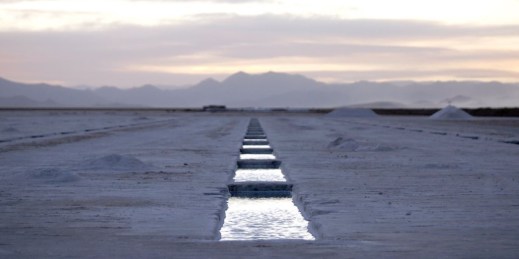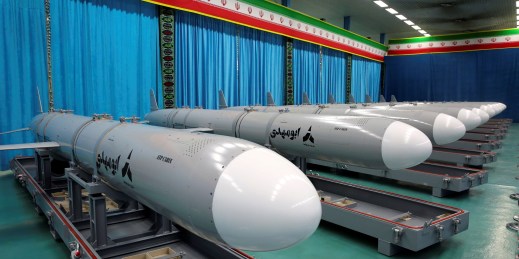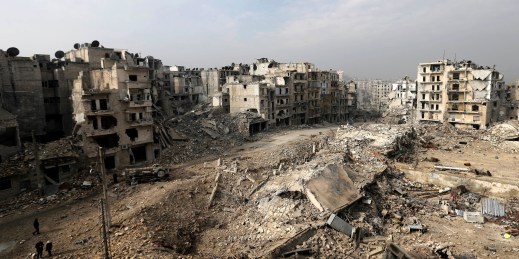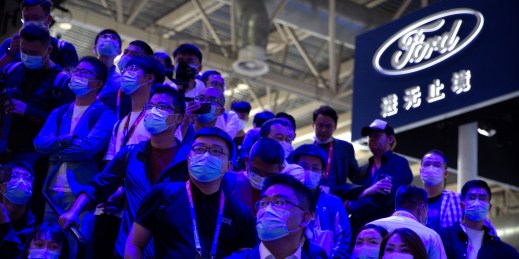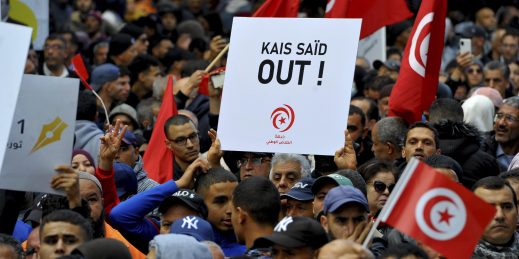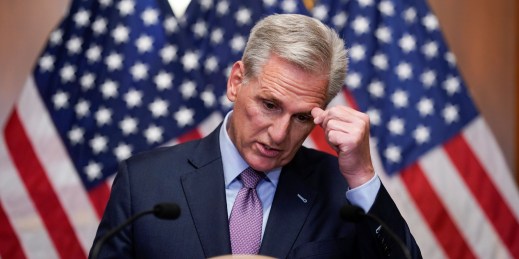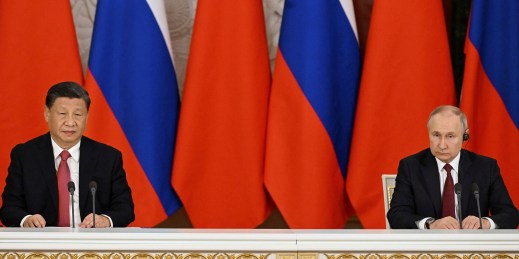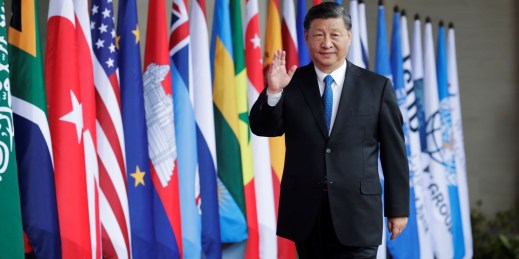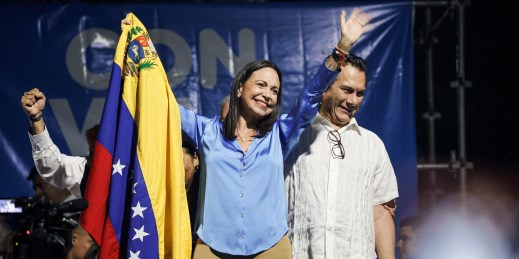
Last week’s news of a deal between the government of Venezuelan President Nicolas Maduro, the country’s political opposition and—unofficially—the United States guaranteeing a competitive election in 2024 was a temporary win for nearly everyone involved. But we won’t know who the long-term winners are for many months to come.

